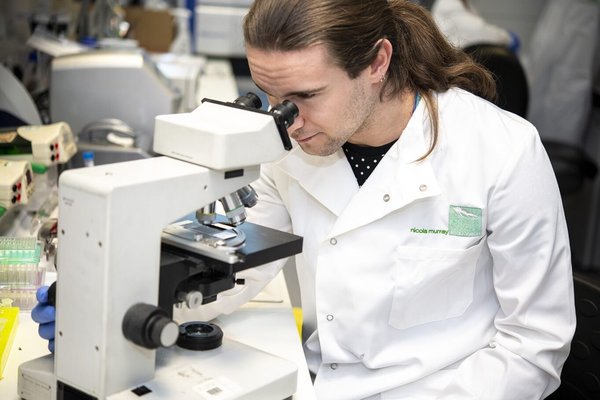
Wellbeing of Women announces Professor Hilary Critchley as the new Research Advisory Committee Chair
Wellbeing of Women has announced its Chair and Deputy Chair of its Research Advisory Committee.

Wellbeing of Women has announced its Chair and Deputy Chair of its Research Advisory Committee.

We’re delighted to announce the funding of 17 new research projects tackling health inequalities and spanning the whole life course – from menstruation to menopause, pre-natal to postnatal, and gynaecological cancers.

Nia experienced painful cramping and nausea when her period came which stopped her from participating in the sports she loved. Looking back, Nia now knows that there is support and information available.